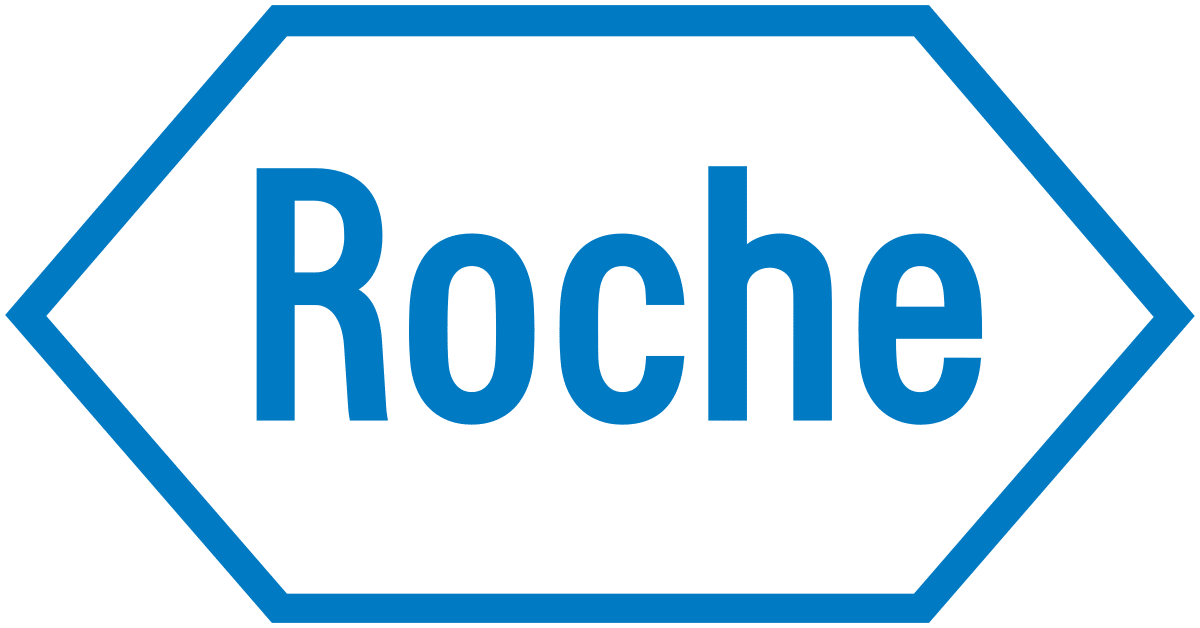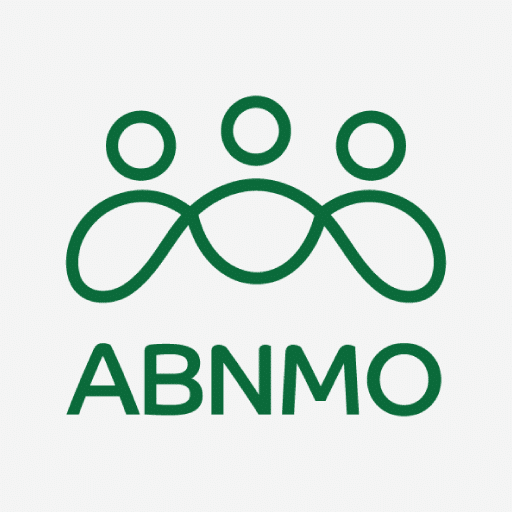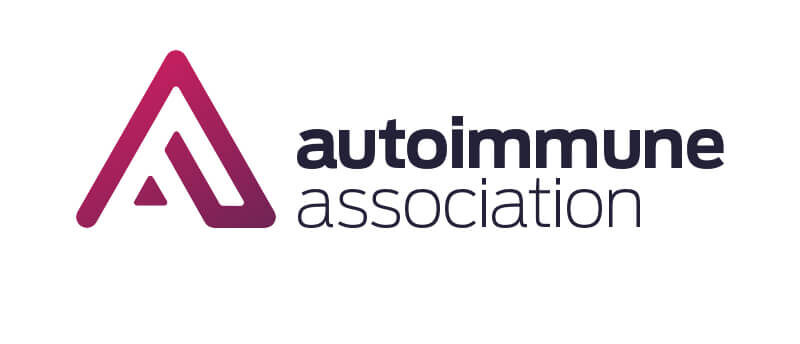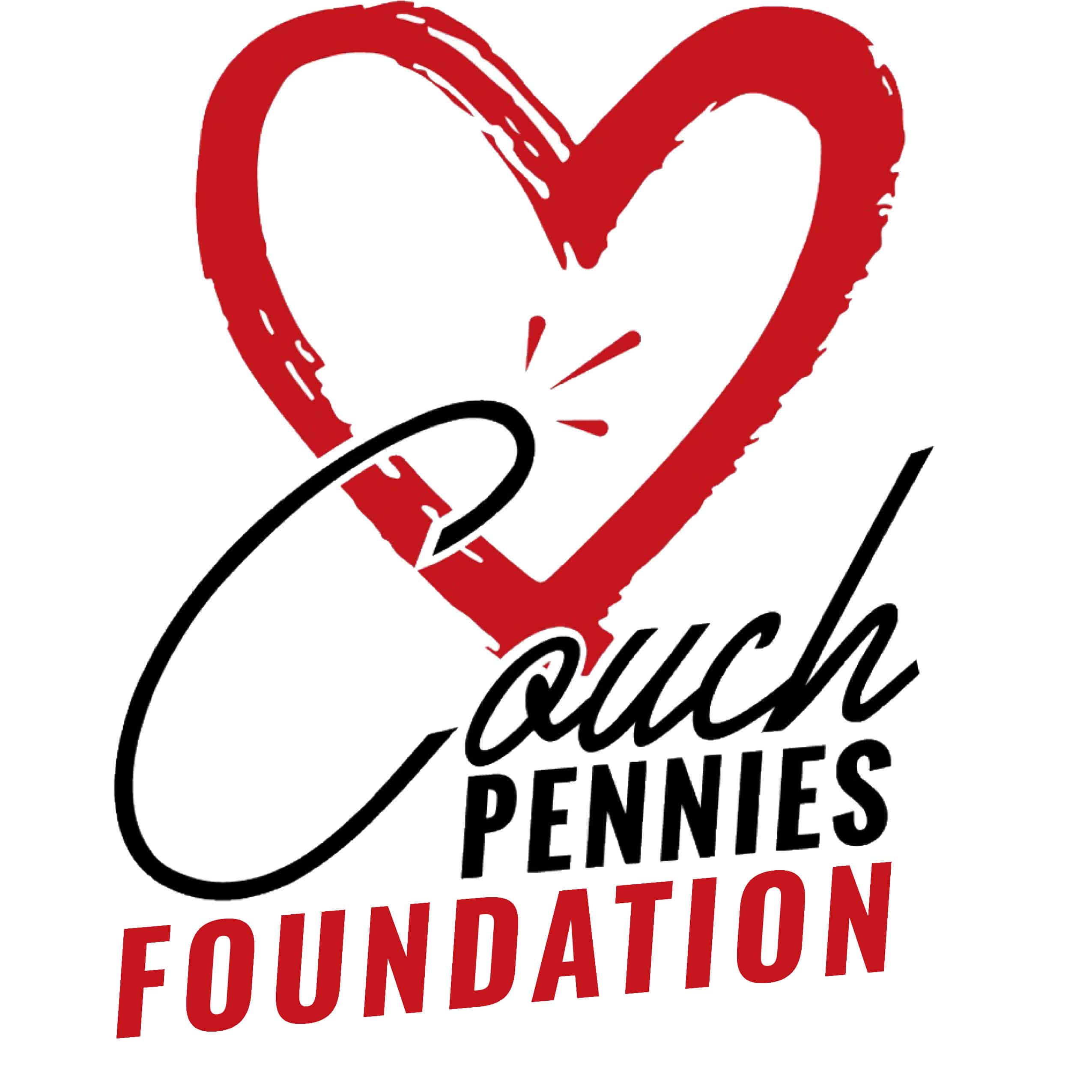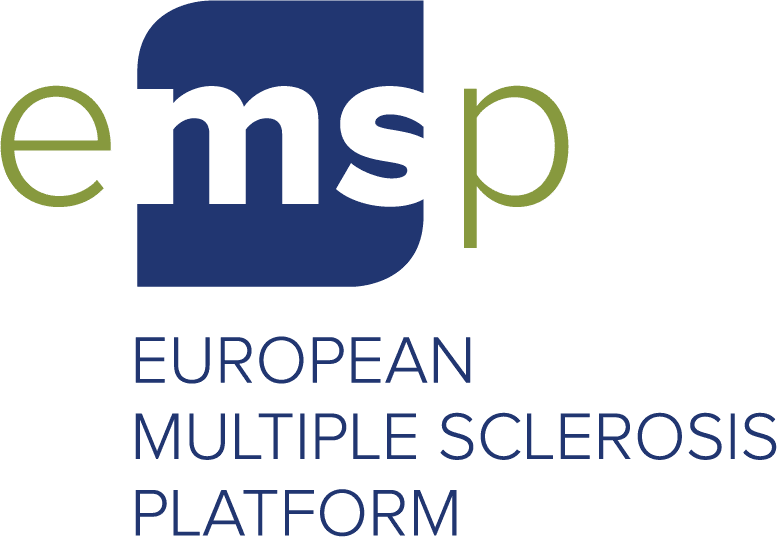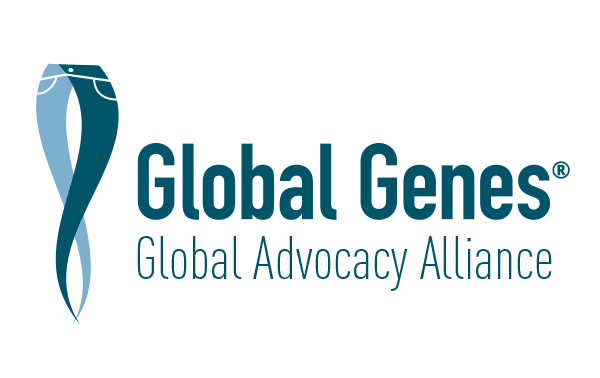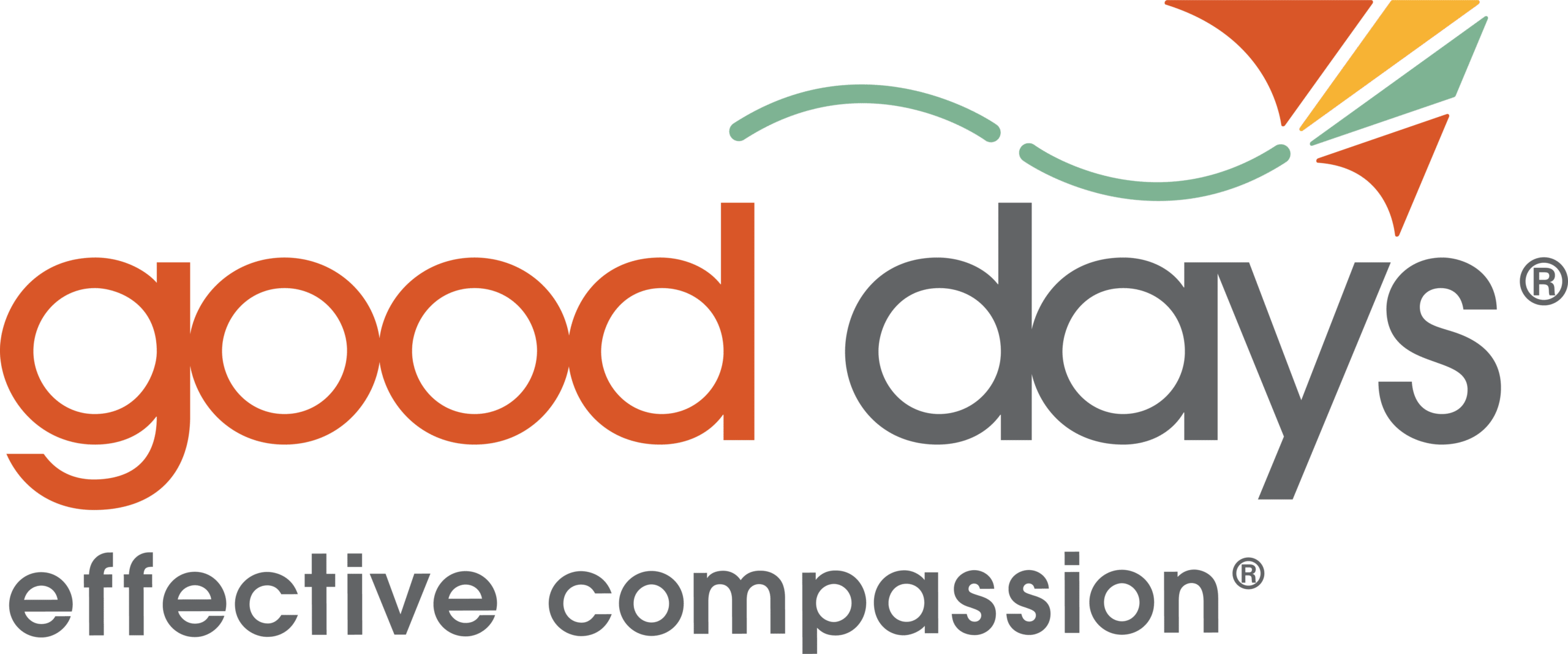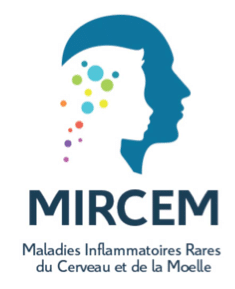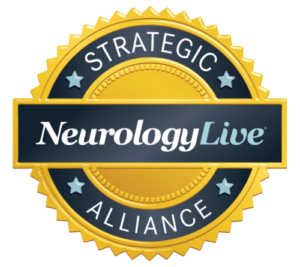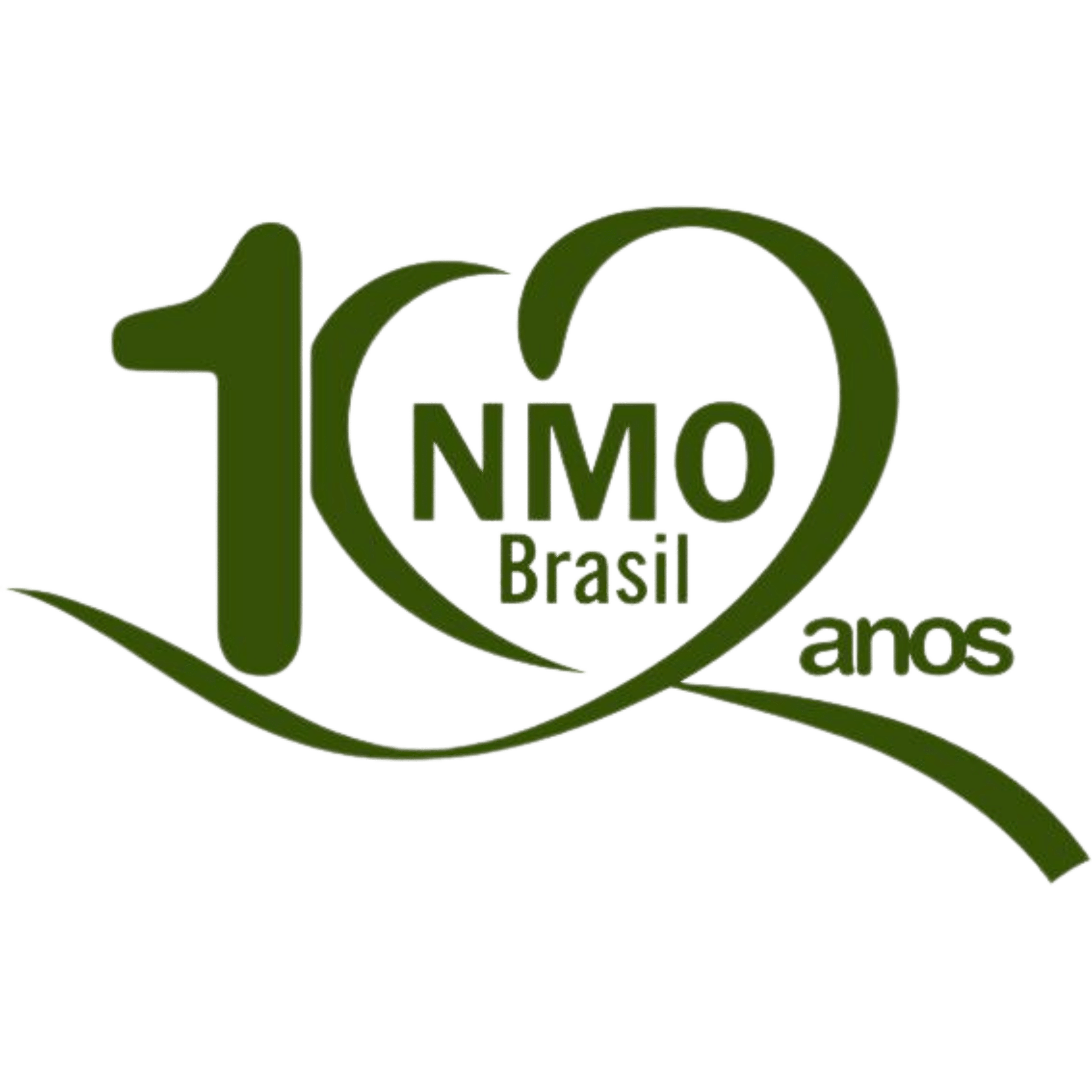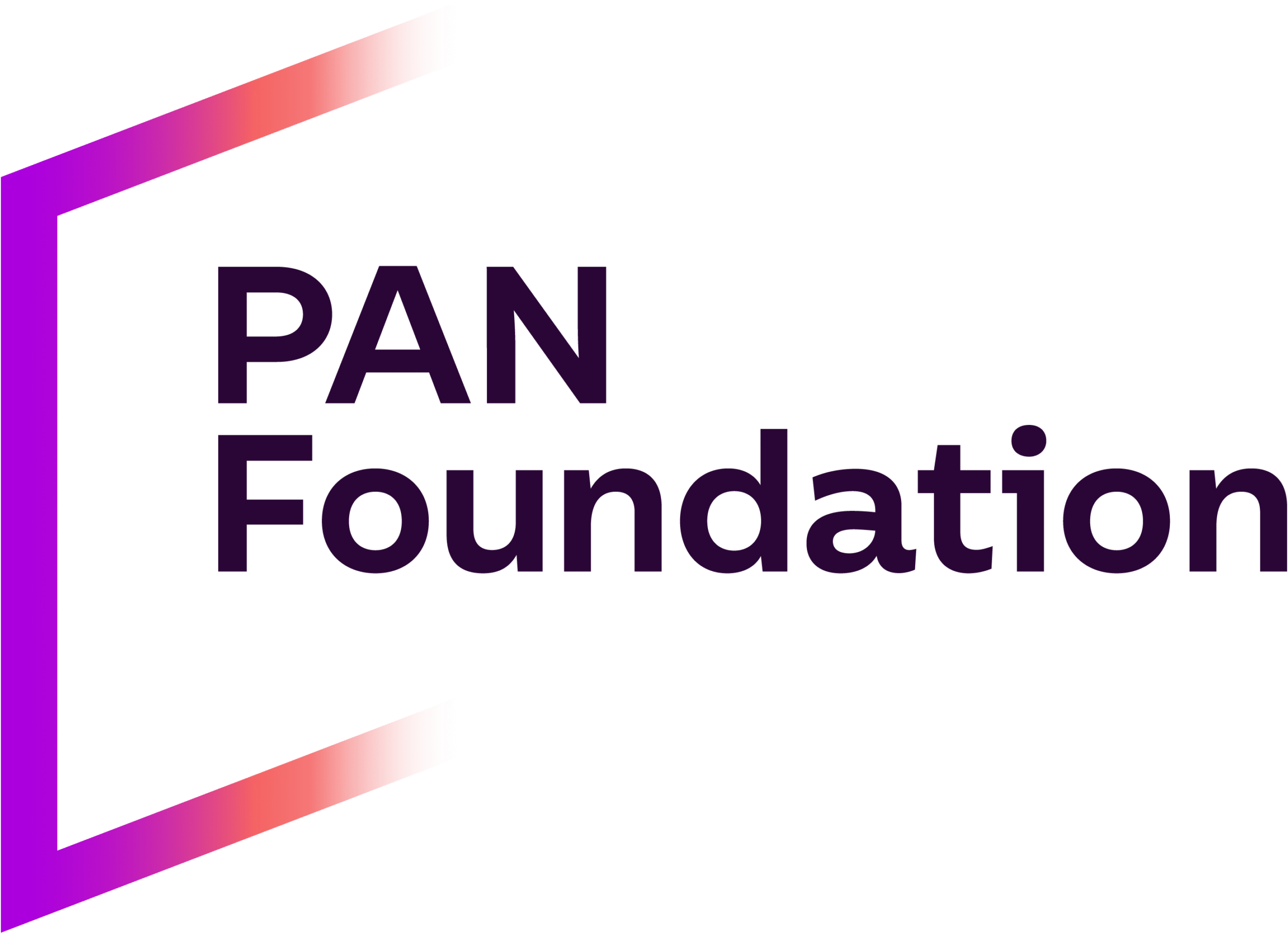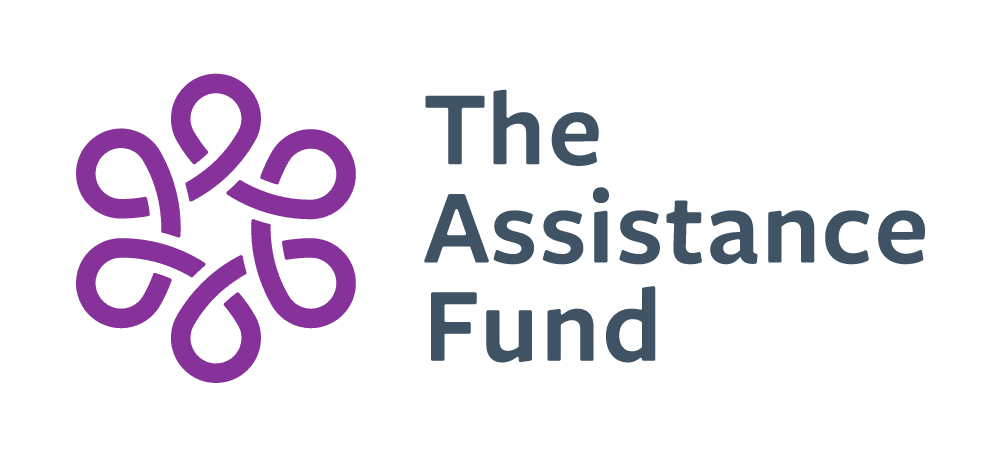Home » Research Summaries » Search Results
Archives: Research Summaries
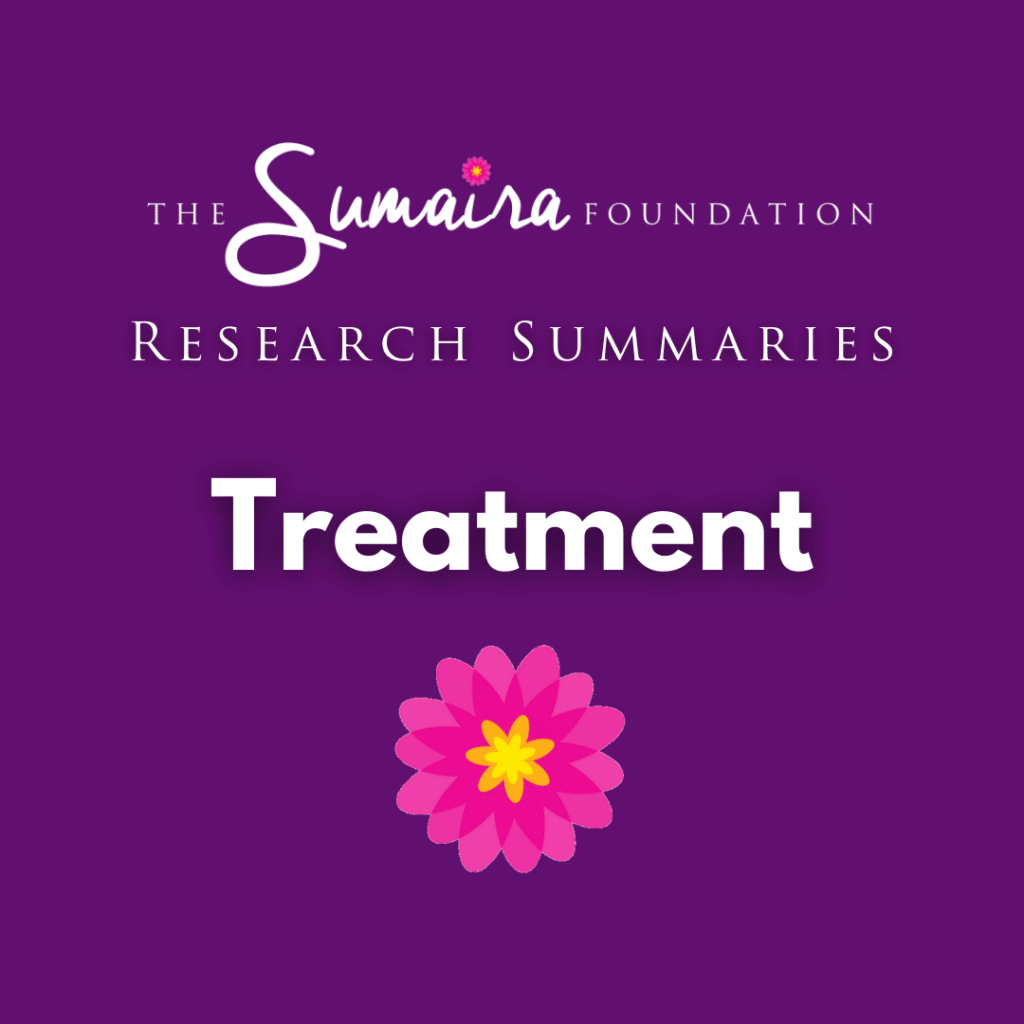
Journal: The New England Journal of Medicine; November 28, 2019
Author(s): Takashi Yamamura, Ingo Kleiter, Kazuo Fujihara, Jacqueline Palace, Benjamin Greenberg, Beata Zakrzewska-Pniewska, Francesco Patti, Ching-Piao Tsai, Albert Saiz, Hayato Yamazaki, Yuichi Kawata, Padraig Wright, Jerome De Seze
Efficacy and safety of satralizumab combined with immunosuppressants in seropositive or seronegative NMOSD
This is a clinical trial paper of satralizumab, a recently approved therapy for NMOSD; the trial is known as the SAkuraSky trial. The efficacy and safety of satralizumab combined with stable immunosuppressant treatment was assessed in patients who tested positive or negative for were aquaporin 4 antibodies. During the first phase of the study, the enrolled patients were allowed to remain on their ongoing immunosuppressant therapy of azathioprine, mycophenolate mofetil, or oral glucocorticoids, to which satralizumab was added. Patients who had been on other immunosuppressants like rituximab during or up to 6 months before the trial initiation were not enrolled. 83 patients were randomly assigned to receive satralizumab (41 patients) or placebo (42 patients). The outcomes assessed were (a) the time to a relapse occurring after treatment, (b) changes in patients’ pain and fatigue. The results showed that among patients with NMOSD, satralizumab treatment added to immunosuppressant treatment. led to a lower risk of relapse than placebo but did not differ from placebo in its effect on pain or fatigue. The percentages of patients who had adverse events or serious adverse events associated with satralizumab were similar to those in the placebo group. However, there were more injection-site reactions and injection-related reactions in the satralizumab group than in the placebo group.
Free Access: Full text
read the full text

Journal: The Lancet Neurology; May 1, 2020
Author(s): Anthony Traboulsee, Benjamin M Greenberg, Jeffrey L Bennett, Lech Szczechowski, Edward Fox, Svitlana Shkrobot, Takashi Yamamura, Yusuke Terada, Yuichi Kawata, Padraig Wright, Athos Gianella-Borradori, Hideki Garren, Brian G Weinshenker
Safety and efficacy of satralizumab treatment alone in NMOSD
In an earlier clinical trial study (called the SAkuraSky study), satralizumab combined with immunosuppressants was found to be effective in reducing NMOSD relapses. In this clinical trial study (called the SAkuraStar study), the efficacy and safety of satralizumab alone was assessed in NMOSD patients. This study was conducted on adult NMOSD patients (seropositive or seronegative) at 44 centers in 13 countries. 95 NMOSD patients were randomly assigned to receive satralizumab (without any other immunosuppressants) or placebo. The outcomes assessed were (a) the time to a relapse occurring after treatment, and (b) the occurrence of adverse events. The results showed that satralizumab monotherapy reduced the rate of NMOSD relapse compared with placebo; the incidence of serious adverse events and adverse events leading to treatment withdrawal was similar between patients who received satralizumab and placebo.
Free Access: Full text via PubMed Central
read the full text
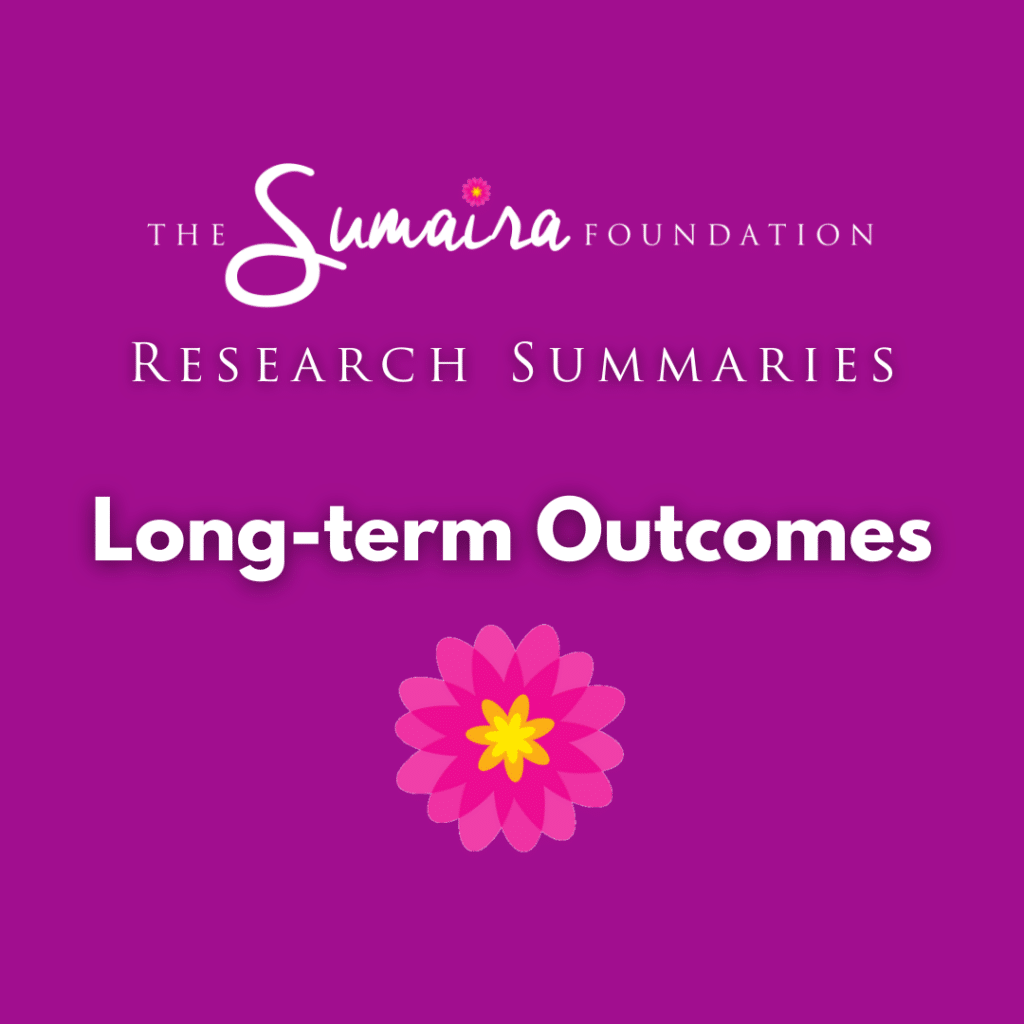
Journal: Neurology Neuroimmunology & Neuroinflammation; December 8, 2022
Author(s): Ingo Kleiter, Anthony Traboulsee, Jacqueline Palace, Takashi Yamamura, Kazuo Fujihara, Albert Saiz, Adil Javed, David Mayes, H-Christian von Büdingen, Gaelle Klingelschmitt, Daniela Stokmaier, Jeffrey L Bennett
Long-term efficacy of satralizumab in NMOSD patients testing positive for aquaporin-4 antibodies
Two separate earlier clinical trials showed satralizumab to be efficacious in patients with seropositive or seronegative NMOSD, both when administered along with immunosuppressant therapy (known as the SAkuraSky study) and when administered alone (known as the SAkuraStar study). This study assessed the continued efficacy of satralizumab, with or without immunosuppressants, over more than 3.5 years in 103 of the AQP4-antibody seropositive patients from these earlier two studies. The results showed that the efficacy of satralizumab persisted over more than 3.5 years. High proportions of patients remained free from relapse, severe relapse, or worsening disease, with a consistently low annualized relapse rate.
Free Access: Full text
read the full text

Journal: Multiple Sclerosis and Related Disorders; July 4, 2022
Author(s): Takashi Yamamura, Brian Weinshenker, Michael R Yeaman, Jerome De Seze, Francesco Patti, Patricia Lobo, H-Christian von Büdingen, Xiujing Kou, Kristina Weber, Benjamin Greenberg
Long-term safely of satralizumab in NMOSD patients testing positive for aquaporin-4 antibodies
Two separate earlier clinical trials showed satralizumab to be efficacious in patients with NMOSD, both when administered along with immunosuppressant therapy (known as the SAkuraSky study) and when administered alone (known as the SAkuraStar study). This study analyzed the long-term safety of satralizumab on the basis of data from the SAkuraSky and SAkuraStar studies (75 and 91 patients treated with satralizumab) over a period of 4 years or more. The findings showed that the safety profile of satralizumab (occurrence of adverse events, serious adverse events, infections, severe changes in laboratory markers, and deaths or anaphylactic reactions) remained the same over time, when administered alone or in combination with immunosuppressant therapy. No new safety concerns were observed in the extended study period versus the original clinical trial period.
Free Access: Full text
read the full text

Journal: Multiple Sclerosis Journal; September 9, 2021
Author(s): Sean J Pittock, Kazuo Fujihara, Jacqueline Palace, Achim Berthele, Ho Jin Kim, Celia Oreja-Guevara, Ichiro Nakashima, Michael Levy, Shulian Shang, Marcus Yountz, Larisa Miller, Róisín Armstrong, Dean M Wingerchuk; PREVENT Study Group
Potential long-term benefits of eculizumab alone in NMOSD treatment
In the PREVENT clinical trial for eculizumab, a recently approved therapy for NMOSD, most patients received eculizumab along with immunosuppressant therapy. This study assessed the effects of eculizumab alone (monotherapy) on patients from the PREVENT study and its open-label extension (the phase of a trial where participants are aware what drug they are being administered). Of the PREVENT trial participants, 33 who were receiving eculizumab monotherapy were monitored for a median duration of 2.9 years (the duration ranging from 14 weeks to 5.2 years). All patients receiving eculizumab monotherapy remained relapse-free at week 96, versus 40% of those receiving placebo alone. At 192 weeks of eculizumab monotherapy, 96% of patients were relapse-free. During the PREVENT study, 95% of patients receiving eculizumab monotherapy showed no worsening in disability and greater quality of life improvements versus placebo alone. Since this study involved only 33 patients who were followed for a wide range of durations, these findings only point to the potential long-term benefits of eculizumab monotherapy. Additional studies are needed to validate these findings and how long the potential benefits last.
Free Access: Full text
read the full text

Journal: The New England Journal of Medicine; August 15, 2019
Author(s): Sean J Pittock, Achim Berthele, Kazuo Fujihara, Ho Jin Kim, Michael Levy, Jacqueline Palace, Ichiro Nakashima, Murat Terzi, Natalia Totolyan, Shanthi Viswanathan, Kai-Chen Wang, Amy Pace, Kenji P Fujita, Róisín Armstrong, Dean M Wingerchuk
Clinical trial of eculizumab treatment in NMOSD patients testing positive for aquaporin-4 antibodies
In this clinical trial called the PREVENT study, 143 patients were randomly assigned to receive either eculizumab or placebo in a 2:1 ratio (2 patients on eculizumab for every 1 on placebo). Patients were allowed to continue receiving immunosuppressants such as azathioprine if they were already on them. However, patients who had been receiving rituximab or mitoxantrone at the time of recruitment or up to 3 months prior were not allowed to participate. Patients were vaccinated against Neisseria meningitidis. The effects of eculizumab were assessed in terms of time to first relapse after treatment, annualized relapse rate, changes in disability scores, and quality of life. Safety assessments included monitoring for adverse events, evaluation of vital signs, a physical examination, electrocardiography and clinical laboratory tests, and evaluation for the presence of suicidal ideation or behavior. The results showed that among patients with AQP4-IgG–positive NMOSD, those who received eculizumab had a significantly lower risk of relapse than those who received placebo.
Free Access: Full text
read the full text

Journal: Drugs; April 7, 2020
Author(s): James E. Frampton
Review of eculizumab treatment for NMOSD
Eculizumab is the first therapy to have been approved in the EU, USA, Canada, and Japan for the treatment of neuromyelitis optica spectrum disorder (NMOSD) in adults who test positive for aquaporin-4 antibodies and (in the EU only) for those with a relapsing form of disease. This review provides a summary of all the clinical trial findings (the PREVENT study) for eculizumab over 4 years of treatment. Compared to placebo, eculizumab significantly reduced the risk of relapses in NMOSD patients testing positive for AQP4 antibodies; approximately a quarter of these patients were not on any other immunosuppressants while receiving eculizumab. Eculizumab treatments showed improvements in disability and health-related quality-of-life scores across all patient subgroups analyzed. Eculizumab treatment showed a similar long-term safety profile it is known to have for other conditions where it is approved. Thus, eculizumab provides an effective, generally well tolerated and approved treatment option for NMOSD.
Free Access: Full text
read the full text

Journal: Neurology Neuroimmunology & Neuroinflammation; May 31, 2023
Author(s): Friedemann Paul, Romain Marignier, Jacqueline Palace, Georgina Arrambide, Nasrin Asgari, Jeffrey L. Bennett, Bruce Anthony Campbell Cree, Jérôme De Sèze, Kazuo Fujihara, Ho Jin Kim, Rebecca Hornby, Saif Huda, Najib Kissani, Ingo Kleiter, Satoshi Kuwabara, Marco Lana-Peixoto, Lisa Law, M. Isabel Leite, Lekha Pandit, Sean J. Pittock, Chao Quan, Sudarshini Ramanathan, Dalia Rotstein, Albert Saiz, Douglas Kazutoshi Sato, Adi Vaknin-Dembinsky
Recommendations for management of NMOSD with eculizumab, inebilizumab, and satralizumab: Consensus among international experts
This study aimed to get consensus from an international panel of 24 NMOSD experts on management of the disease and recommendations for the three recently approved therapies: eculizumab, inebilizumab, and satralizumab. The 24 clinical experts were asked to complete a questionnaire on NMOSD management, using free-text responses based on available research evidence and their own clinical experience. Responses were used to generate draft statements on NMOSD-related themes, and panelists anonymously indicated their level of agreement with each statement. Twenty-five statements were agreed in total: 11 on starting with or switching between eculizumab, inebilizumab, and satralizumab; 3 on monotherapy (treatment with one of these drugs alone) and/or combination therapy; 7 on safety and patient population considerations; 3 on biomarkers (blood levels and other measures) and/or patient-reported outcomes; and 1 on research gaps. This consensus paper can serve as a useful guide to clinicians and patients for shared decision-making in NMOSD management.
Free Access: Full text
read the full text
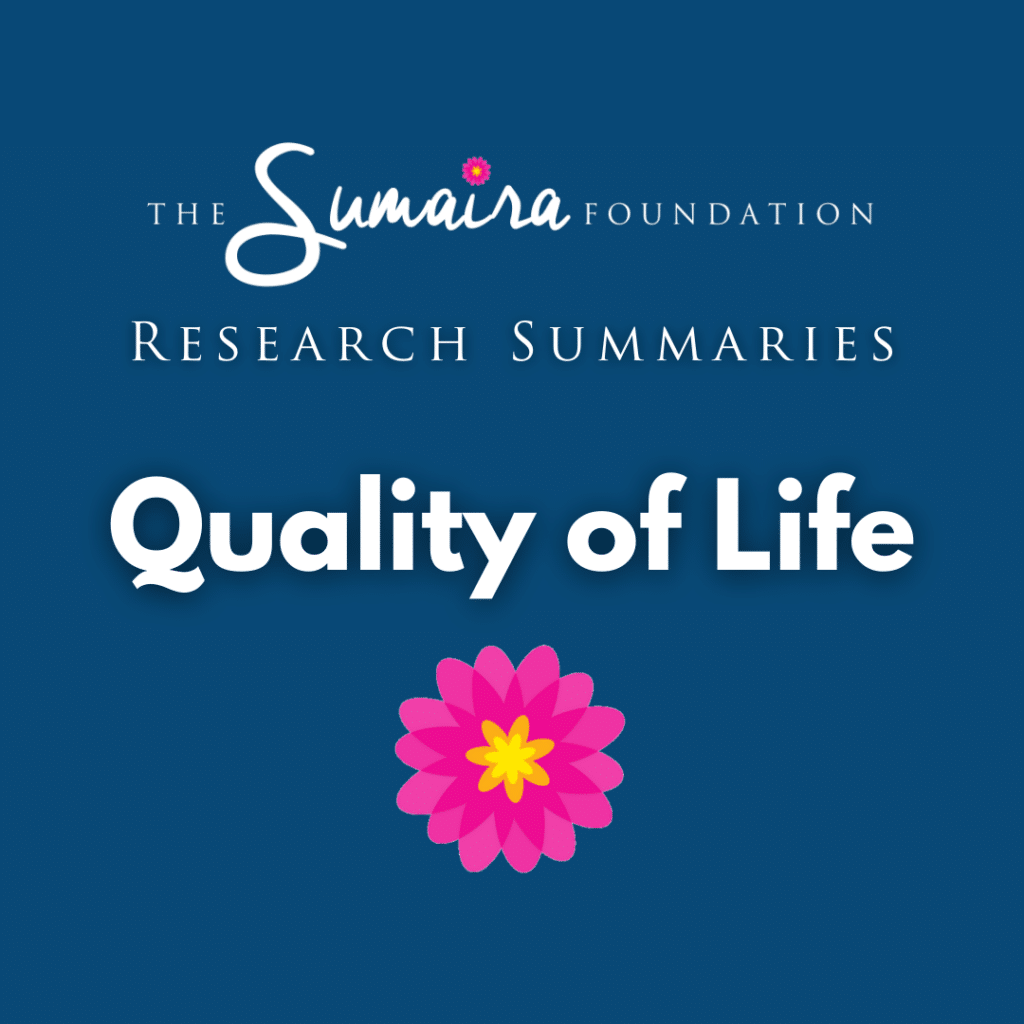
Journal: Nature Reviews Neurology; October 28, 2021
Author(s): Sean J. Pittock, Anastasia Zekeridou, Brian G. Weinshenker
New research and approved therapies bringing hope to NMOSD patients
Until recently, no regulator-approved therapies were available for NMOSD. Traditional immunosuppressant therapies, including mycophenolate mofetil, azathioprine, and rituximab, were widely used, but their benefits have not been assessed in controlled studies. Recent research has led to an improved understanding of the underlying disease mechanism of NMOSD and has enabled the development of more targeted new therapies. In recent clinical trials, eculizumab, inebilizumab, satralizumab, and rituximab all reduced the risk of relapse, and the former three therapies have now been approved specifically for NMOSD. Because of differences in the study designs, it is difficult to conclude which treatment is preferable. Previous experience with therapy, efficacy, safety, accessibility, cost, and convenience are all factors to be considered in treatment selection. The accessibility and affordability of the newly approved treatments will vary between countries and regions and will influence decisions to start patients on or switch to these drugs. While the rituximab clinical trial included too few patients to quantify its effects in reducing the risk of relapse, the extensive clinical experience with rituximab and its relatively low cost mean that it will remain an important treatment option.
Free Access: Abstract only
read the abstract

Journal: Annals of Neurology; February 14, 2021
Author(s): Dean M Wingerchuk, Kazuo Fujihara, Jacqueline Palace, Achim Berthele, Michael Levy, Ho Jin Kim, Ichiro Nakashima, Celia Oreja-Guevara, Kai-Chen Wang, Larisa Miller, Shulian Shang, Guido Sabatella, Marcus Yountz, Sean J Pittock; PREVENT Study Group
Long-term safety and efficacy of eculizumab in NMOSD patients testing positive for aquaporin-4 antibodies
The PREVENT clinical trial was conducted for the medicine eculizumab, a recently approved therapy for NMOSD. This study was conducted as an interim analysis of eculizumab’s safety and efficacy during the open-label extension (the phase of a trial where participants are aware what drug they are being administered) of the PREVENT study. Across the PREVENT study and the open-label extension, 137 patients received eculizumab and were monitored for a median duration of 133 weeks (duration ranging from 5.1-276.9 weeks). At 192 weeks (3.7 years), 94.4% of patients remained relapse-free. During the open-label extension, 44 of 119 patients stopped or decreased the use of the background immunosuppressants they were on. The results of this study showed that eculizumab has a similar long-term safety profile in NMOSD as it is known to have for other conditions where it is approved. The results also showed that long-term eculizumab treatment had a sustained effect in reducing the relapse risk in patients with AQP4-antibody-positive NMOSD.
Free Access: Full text
read the full text











